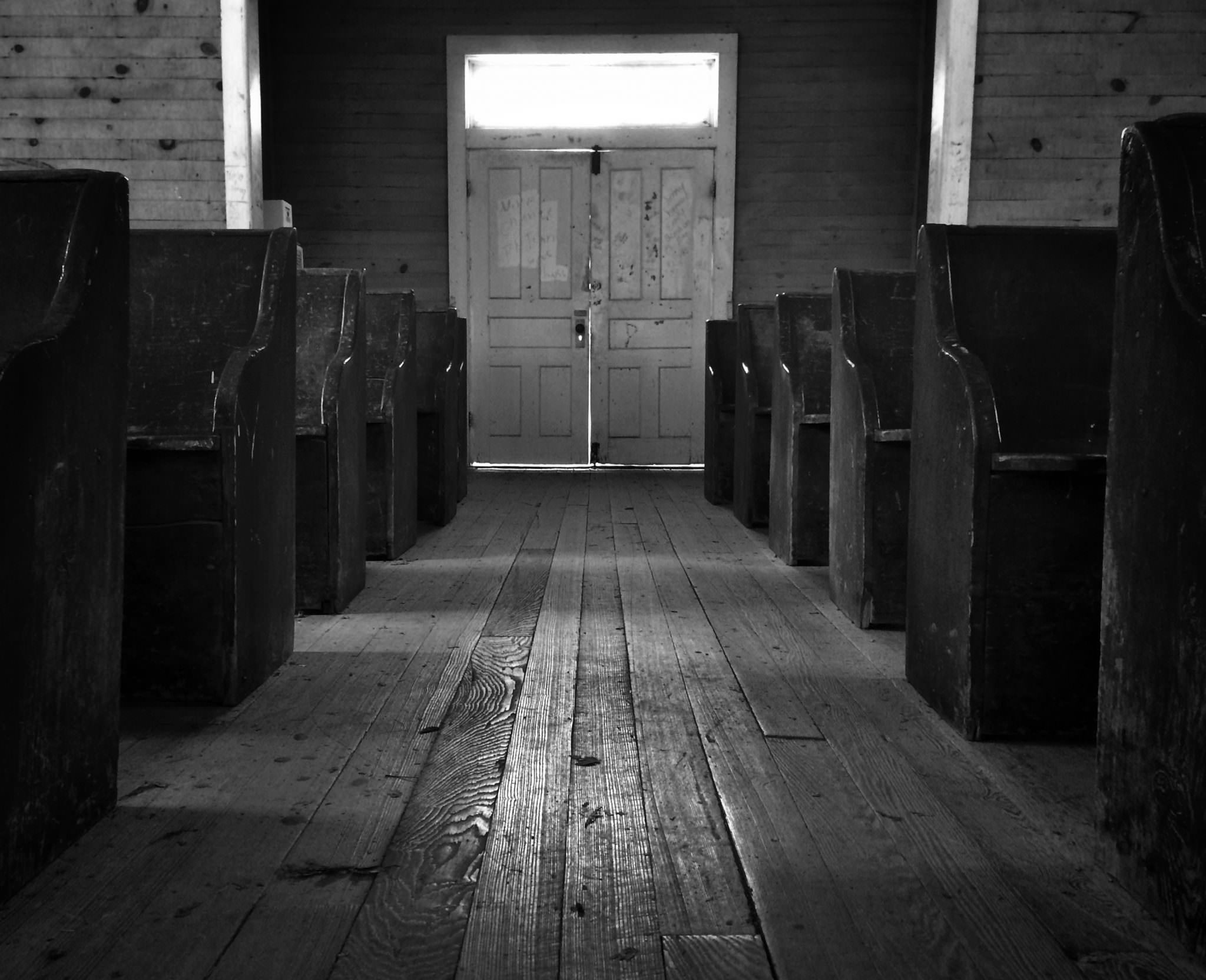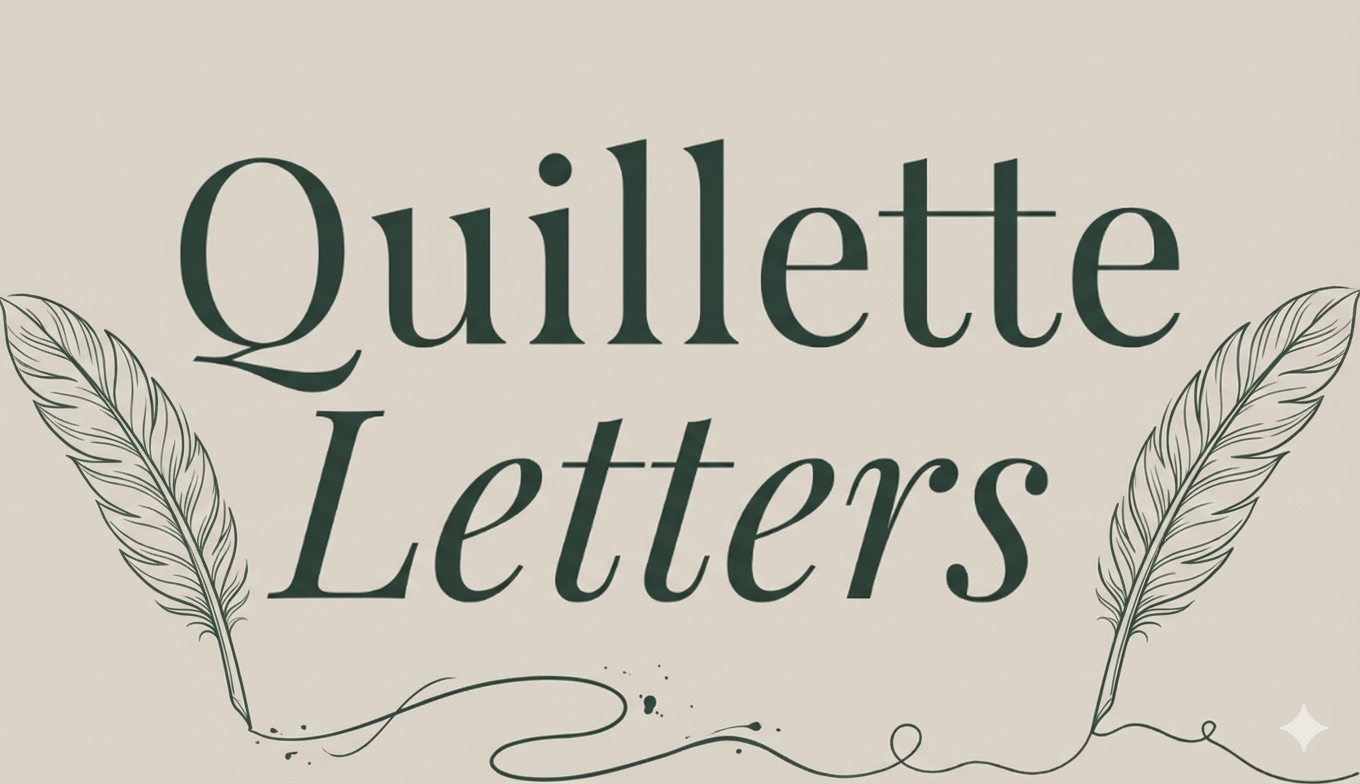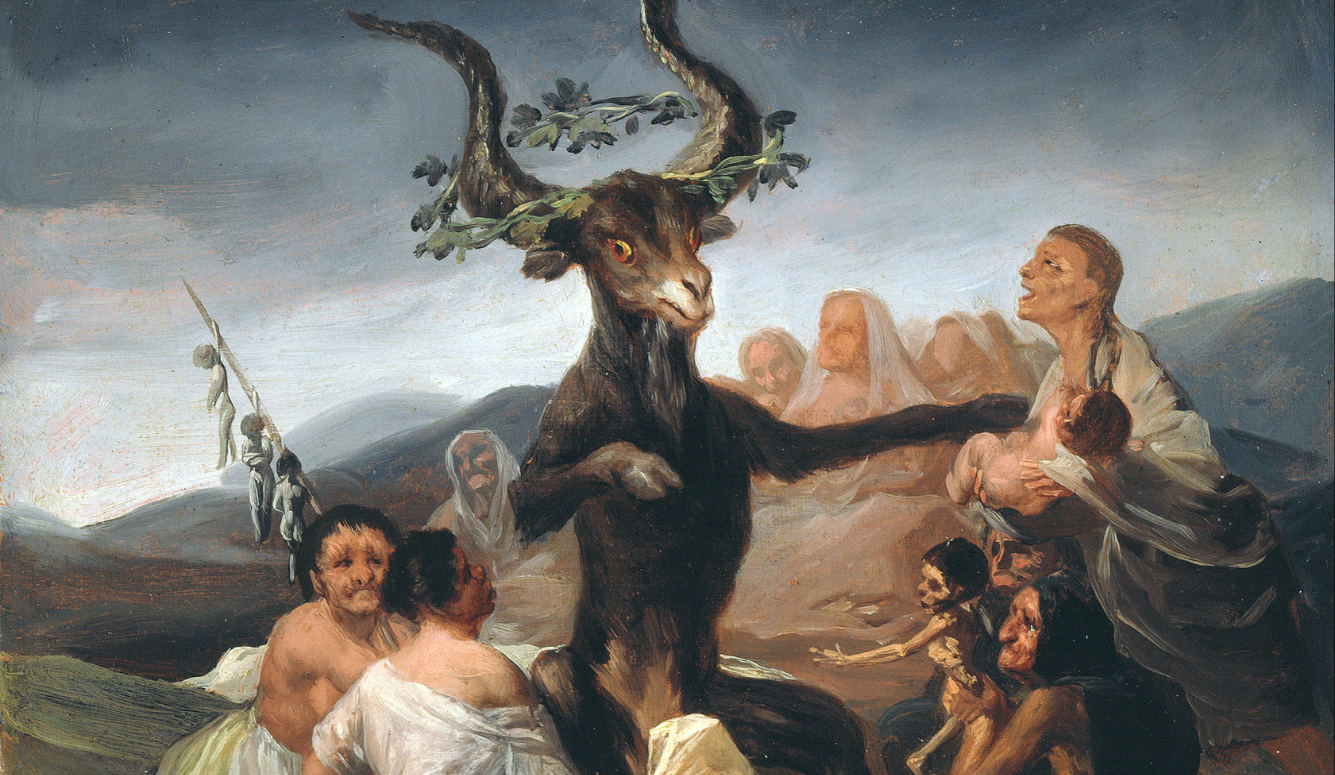Art and Culture
Harold Bloom and Aesthetics in an Age of Piety
Bloom believed that a new “Theocratic Age” was on the horizon — a moment in which aesthetic values and artistic forms would again be governed by a religious Weltanshauung.

Decades ago the literary critic Harold Bloom predicted that a new cultural and historical epoch would emerge in the West, perhaps in the world, determining, to some extent at least, the course of literature in the 21st century. Bloom believed that a new “Theocratic Age” was on the horizon — a moment in which aesthetic values and artistic forms would again be governed by a religious Weltanshauung. Bloom’s prediction must be understood in the context of the global political climate of the post-Cold War age, in which the resurrection not only of religious belief, but of faith-driven life-worlds, godly ways of conceiving morality and politics, were ascendant in North America and the Islamic world. Bloom seems to have believed that Evangelicals, whom he wrote about frequently in his books and essays on American Christianity, would be the dominant force in the West’s most powerful nation (a prediction that from our vantage point of 2016, we can see turned out to be false.)
However, his prognosis was correct in a manner in which he may not have imagined. Art, literature, and culture would indeed come to be understood in accordance to their relative piety, their capacity to communicate a moral understanding to its observers. A new Theocratic Age did emerge – puritanical, and in a certain sense, very American and very Protestant, but not from the American Right. In the mid to late 2000s, American cultural life underwent a rapid period of secularization, quarantining Evangelical influence to Republican primaries and local school board elections. In terms of the broader culture, the vanguards of the New Moralism would come from Bloom’s other eternal enemy, the denizens of academic departments under the spell of Cultural Studies, the second or third generation of New Left offspring that Bloom himself labeled the “School of Resentment.”
The analogies between old fashioned American Protestantism and the new cadre of cultural critics and journalists that have been afflicted upon us has been well documented, and it goes beyond the similarities in the perpetual snarl and humorless visage of the turn-of-the-century church goer and the perpetual snarl and humorless visage of today’s internet gender theorist. Nor do the similarities end with Mencken’s famous recognition that Puritanism is “the haunting fear that someone, somewhere, may be happy,” or the attendant warped view that we should always, in every activity undertaken, every phenomenon observed, every bit of culture in which we engage, be conscious of our nature as sinners (or of “our privilege” in the today’s case). The burden of the petty indeed weighs heavy on our contemporary cultural critics, concerning themselves with whether twerking is a performative act of theft from the subaltern in the same manner that religious believers of the past troubled themselves over minor doctrinal squabbles.
It is, of course, an obsessive pettiness born out of a totalizing ideology in which the political is one’s lived, practiced identity. In this sense, today’s left wing critics exist in a sort of highly politicized ontology, in which everything is imbued with political significance in the same manner as past belief systems cast the entirety of the world as in possession of a spiritual meaning. An obsessive living in this sort of world can leave nothing unexamined, or in this case, nothing uncensored, so naturally the reaction across the political spectrum to this bizarre cultural phenomenon has been to address its threat to free expression. However, there may be an even greater pathology, barely perceptible beneath the sound waves of outrage, that is just as great a concern to art and criticism. It is the reduction of culture, from an end in itself – something integral to a meaningful human life — to a mere means, Trotsky’s hammer “that shapes the world.”
What Bloom found abominable in his two greatest opponents, on one hand, the piety of the neoconservative right, who held that literary value should in part be attributed to a work according to its capacity to inculcate its readers with a sense of moral virtue, and on the other, the insistence upon the primacy of identity politics by the left wing culture warriors dwelling in the humanities departments in the Anglophone world, seem to have been realized in a single, ridiculous figure — the new media social critic, the bien-pensant fool who weaponizes, pathologizes, politicizes, and moralizes art, but never appreciates it.
Art and culture, for our new generation of social critics — in no small part due to the the neoliberal milieu which bore them — is primarily an object of consumption. It is a means of moral and political nourishment. It can either be healthy (positive representations of women and minorities) or unhealthy (representations that reinforce “power structures”). It empowers or silences. A work of art is better or worse in accordance with whether or not it serves “the interests of the marginalized” — the skill, the craftsmanship, the care that the artist exhibits in creating an aesthetic experience only attains importance in its effectiveness in advancing the political message.

Again, if art is to be encountered as art at all, it is only as a means. The erasure of the boundaries between popular culture and high culture, another article of faith among many Cultural Studies academics and self-styled critics, can be better understood from this perspective; no art is higher or lower, more or less sophisticated, more or less deserving of canonical induction. There is merely the healthy and the unhealthy, the empowering and the disempowering, the holy and the sinful. Left-wing outlets now obsess over whether comic-books, video games, and science fiction and fantasy films — all of which, with few exceptions are media intended for children and adolescents in the simplicity of their character development and narrative — are “inclusive” or “problematic.” And why not? After all, there is no art, only entertainment, only what can be consumed.
However, to reduce art to a means, to conceive it as mere consumption is to commit a sort of category error. Art is distinguished from entertainment in large part due to the fact that it is not only mindless pleasure that we encounter in the object, but a call to contemplation, of which politics may be a part, but can never account for the entirety of our interest. It is a call to not merely have an experience — the ephemeral passing of a small pleasure — but to understand it, to ask how we came to be affected by the work of art in the way that we did. We are captivated by beautiful prose, verse, and diction — we proceed to analyze it not because we confuse it for the dictates of a moral authority or we see in it the means of empowerment, personal or political, but because we seek to make the ephemeral moments of beauty on this planet richer, more complete.
But, as Bloom reminds us, there is an even greater reason yet to engage with art on aesthetic terms: to encounter greatness. We read, we appreciate visual art, cinema, and theater with the humbling knowledge that greatness escapes the greater part of humanity. Most of us will never put a poem on paper worth reading, a painting worth viewing upon a canvas, but through engaging the work of art in all of its complexity, we may, for a moment, think the thoughts of genius, if only second hand. We may not be the elect, chosen and gifted to create anything worthy of praise, but we may, in criticism and in an appreciation of art, come to experience greatness down to the process that it brought it into being. It may not be for us to be the creators of visions or epiphanies, but as a consolation we may be granted the gift of being shaken, shocked, and overjoyed by them, and to bring to light even what the authors themselves may not have seen in their own creations.
This is what we are deprived of in a culture that replaces our eyes to the heavens with the philistine spectacles of an artless, politicized world. The new politico-Theocratic Age beckons us to trade beauty for piety, but it’s less than a Faustian bargain.






